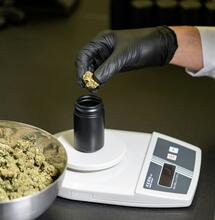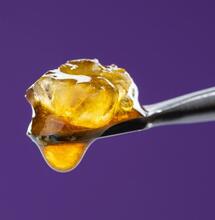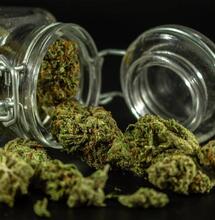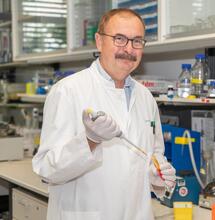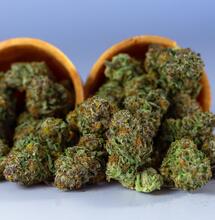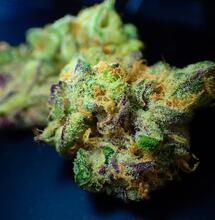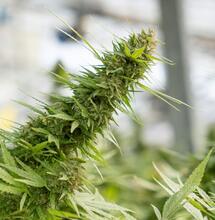Dutch Government Pleased with THC Saliva Tests

Five years ago, Dutch authorities introduced the Law on Drugs in Traffic, which introduced saliva testing for THC. Upon releasing an evaluation report, the Minister of Justice and Security, David van Weel, expressed his satisfaction with the results of tackling driving under the influence. THC saliva tests are becoming increasingly used elsewhere, not only in the Netherlands. This has also led to the appearance of anti-THC mouth sprays, which can quickly neutralize THC concentrations in the saliva.
In a letter to the Lower House, Van Weel wrote that the law has been successful in addressing the issue of driving under the influence of weed. He praised the work of all key partners in the implementation of the law: the police, the Netherlands’ Forensic Institute, the Public Prosecutor’s Office, and the Central Office for Driving Licenses. “The investigating officers are positive about the ease of use of the saliva tester,” the letter said.
Police Are Increasingly Using Saliva Tests to Check Drivers
Dutch police are taking more and more saliva tests: from 2,973 in 2018 to 14,471 in 2022. The number of blood tests has also increased - to over 17,000 in 2023. The increase in official reports are in line: from 2,534 in 2018 to 12,384 in 2023. “The results of the blood tests show that cannabis use is particularly high,” the minister said.
In 2023, cannabis use was detected in 75% of positive blood tests. This is an increase from 46% in 2017. The problematic part, however, is that tests can show intoxication up to about 14 hours after consuming cannabis through smoking. This is very obviously undesirable, especially for patients using medical cannabis. In addition, tests are not perfect, and sometimes they can show false positives.
The Rise of Anti-THC Spray Products
The Netherlands is not the only place where authorities are increasingly turning to THC saliva tests to check drivers. Rapid tests for detection of THC through saliva are now commonplace in many countries, which has led to the emergence of “license-saving” products such as anti-THC sprays. These products are billed to quickly reduce concentrations of THC in the mouth, thus subsequently helping evade detection.
How do they work? Spray products can be applied directly into the mouth and their chemical composition supposedly neutralizes or lowers the levels of THC in the saliva by briefly changing the pH in the mouth.
Products typically contain a range of compounds, such as astringents, chemical cleaners, essential oil extracts, and sweeteners. While part of the compounds attempt to eliminate the presence of THC, another part tries to improve flavor and smell in the mouth.
Anti-THC sprays are also very convenient to use. Users can simply spray minutes before being potentially tested, but it’s necessary to not take any liquids or foods for the spray to work.
The downside of this is that there’s not much research on the safety of anti-THC spray products. Although manufacturers claim that there are no health risk using anti-THC sprays, prolonged exposure might potentially lead to irritation in the mouth, burning sensations, change of taste, and even allergic reactions.
Also read on Soft Secrets:
